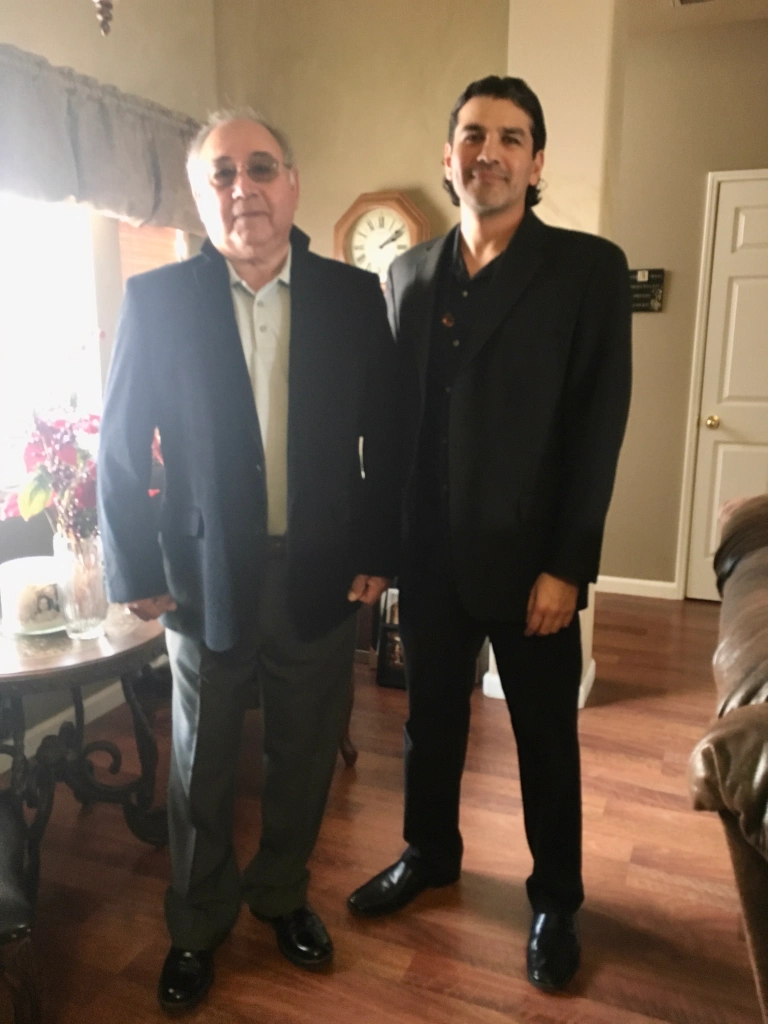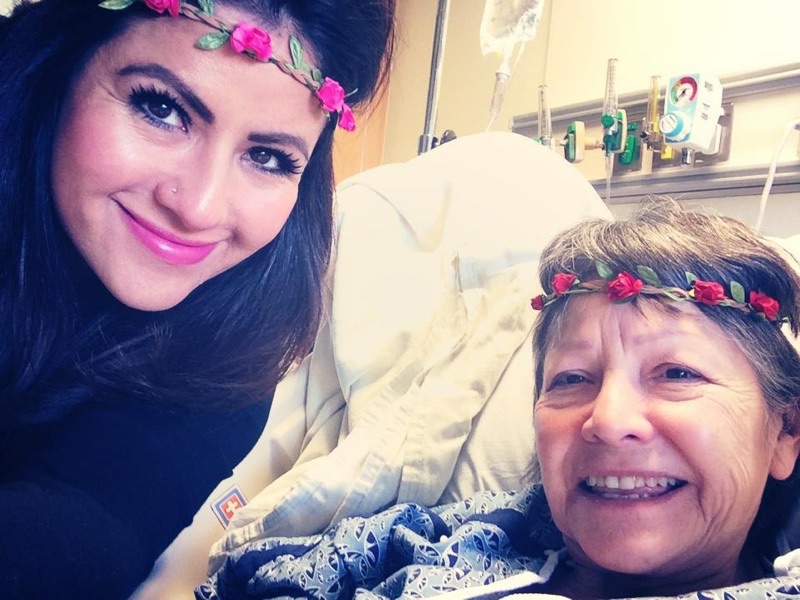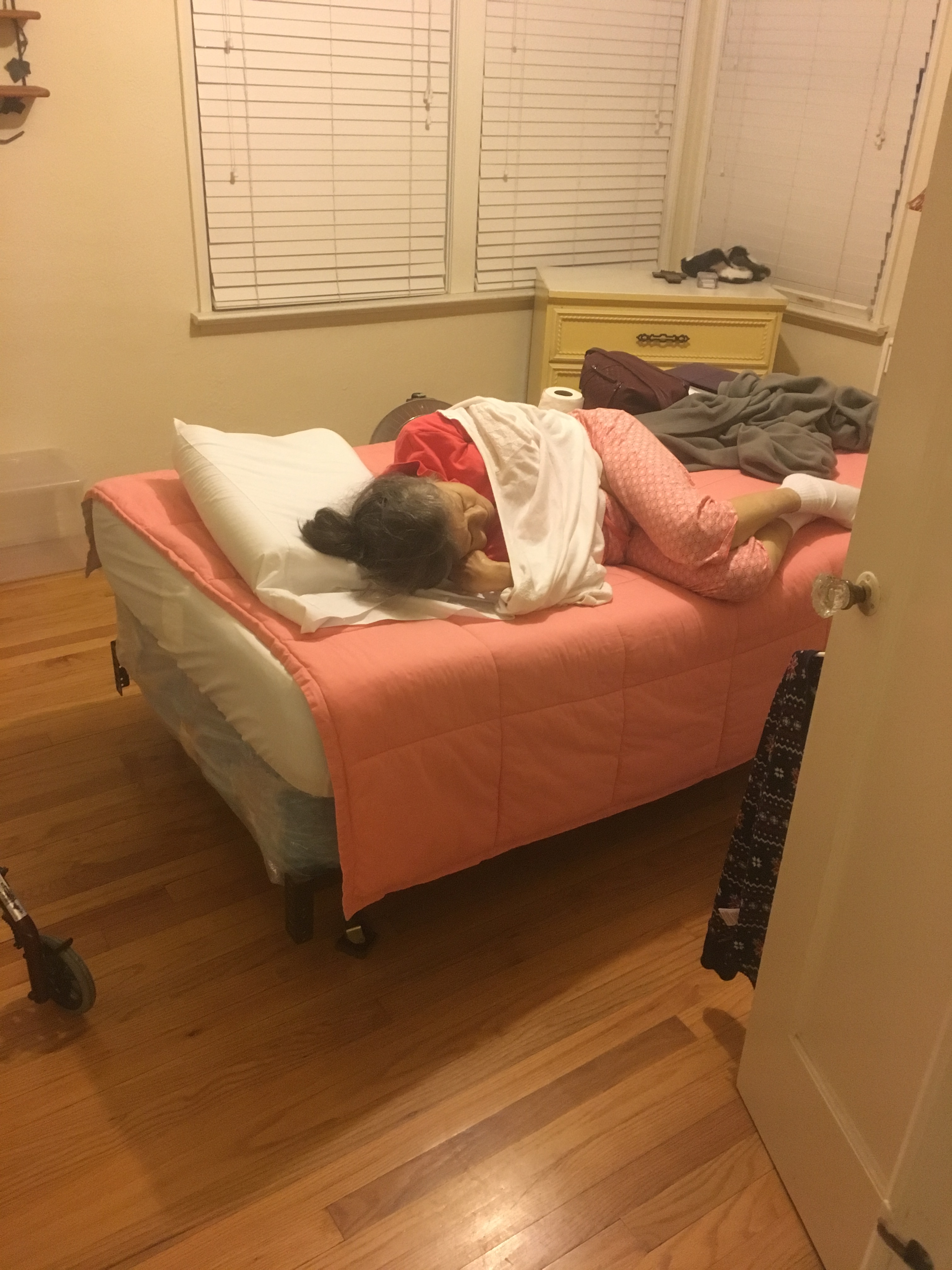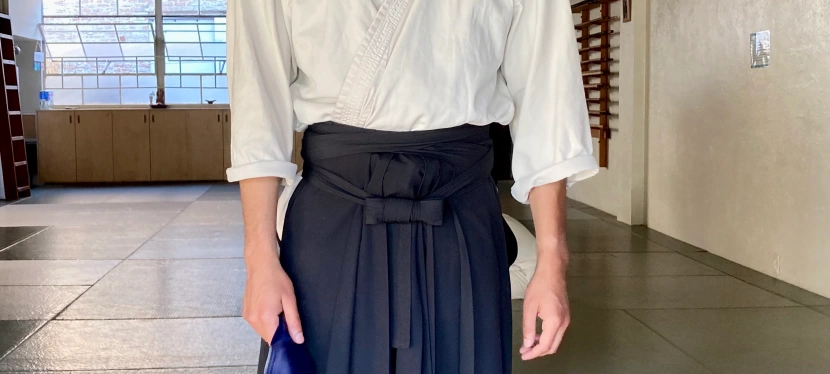(This is Part II, to a three part article. You can find Part 1 here: Part 1)
In plain language, I was getting my ass kicked, as if three ukes during randori were successful in tackling me and taking me to the ground. It was an ugly feeling and I knew that something had to change. I decided to take a leave from my teaching job, in order to get a handle on my health…and to find my balance. I moved in with my dad, back to my hometown of Fresno, CA, and used the time off work to get ample rest and do things that I enjoyed.

I went fishing as much as I could, exercised at the gym a few days a week, meditated, trained at the local Aikido dojo and made sure to take naps. I, also, enjoyed being around my family more. In fact, it was the first time, since I moved away from college, I was able to spend regular quality time with my dad. While I felt guilty about it at the time, I didn’t spend a lot of time with my mom, however. Being around her was just too stressful and sad.
After what would be a six-month break, I gained my weight back and my panic attacks even stopped. I had stopped taking the anti-depressant I was prescribed before I took my leave, since I didn’t think it was working well enough. I was hoping time off work and doing adequate self-care would be more effective in helping me and I was right! I promised myself I would never get as overwhelmed ever again.
2013 arrived and I was back working and living in the Bay Area. Fortunately, for my family, my mom would find regular housing, however temporary, starting that year. This would reduce my stress of course, but there would still be plenty of crises times and they would take a myriad of forms.
As I had been doing for years already, I talked to my mom almost every day to monitor her and express my love and support. My sister and I would drive hundreds of miles to visit her on special occasions, like her birthday, and holidays, like Thanksgiving and Christmas. And I would do my best to advocate for her at times of crises. Trying to get my mom adequate care and treatment at hospitals would become a regular occurrence, as her physical health steadily deteriorated.
In 2013, my mom was hospitalized after experiencing dizzy spells and a possible stroke. I took the four-hour drive to Bakersfield to be by her side. Fortunately, her attending doctor was responsive and assuring. The same can’t be said for the hospital administration, however.

The attending doctor wanted my mom to start taking insulin. There was one problem with that, though. My mom had recently developed cataracts. She needed assistance, since she was unable to administer insulin shots to herself. To my relief, the attending doctor referred my mom to an assisted living facility, as part of my mom’s treatment plan upon discharge.
The day after I returned to San Francisco, however, my mom told me they hospital was getting ready to discharge her back to her apartment. I was stunned and angered. I called the hospital and asked to speak to the main administrator.
Now, while my aikido training helps teach me stay “centered and relaxed” when dealing with stress and conflict, ultimately, we train in order to avoid conflict and create harmony with things around us. In fact, aikido translates to “the way of harmony with universal energy or spirit.” With aikido training, like in randori, we try to “harmonize” with the energy of the ukes and redirect them in order to minimize harm and produce a better outcome for all parties.
Applied to day-to-day life experiences, this means we should try and find compromise and mutually beneficial arrangements with people we experience conflict with. However, as I’d experience countless times, too many healthcare workers and authority figures were not only indifferent to my family’s plight, but too many were more than willing to jeopardize my mom’s life. They would do this even when it violated their own workplace policies and the law.
Given this, there was no “harmonizing” in these situations, since our interests were so diametrically opposed. I wanted and needed immediate help and support for my mom. Like all human beings, she deserved to be treated with dignity and respect. In contrast, too many healthcare and government workers treated her as an inconvenience, or worse, a drain on their time and society’s resources.
At times, I would assert myself strongly, from day one of a hospitalization, by letting hospital personnel know I wasn’t going to accept premature discharges of my mom. Hospitals had no qualms about doing so.. I’d even threaten hospital personnel, county workers and even the police with lawsuits or negative media attention when they’d refuse to give my mom, or take her in for, proper medical care (I just started filming and recording my interactions with healthcare and governments workers, I got so fed up.).
Asserting myself in these ways could be seen as forms of escalation, which is not very “aikido like.” In a famous quote, the founder of aikido, Morihei Ueshiba, said, “To injure an opponent is to injure yourself. To control aggression without inflicting injury is the Art of Peace.” I considered things that I did or said as being consistent with aikido principles and values, though. In aikido, we use what are called “atemis.” They are strikes to knock an attacker off balance, in order to create space and the opportunity to execute a technique or throw. When it comes down to “life and death”, I think strong atemis are essential. I delivered strong atemis whenever I could to protect my mom and I didn’t, nor do I still, feel bad about it.
— To Be Continued —


